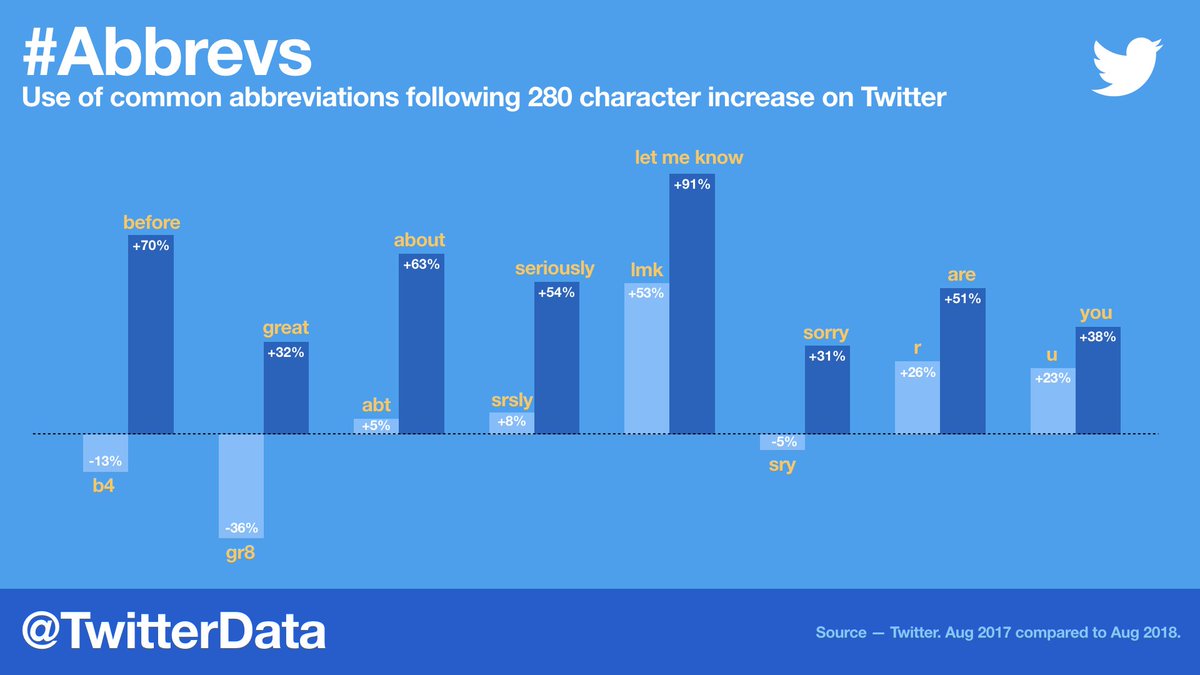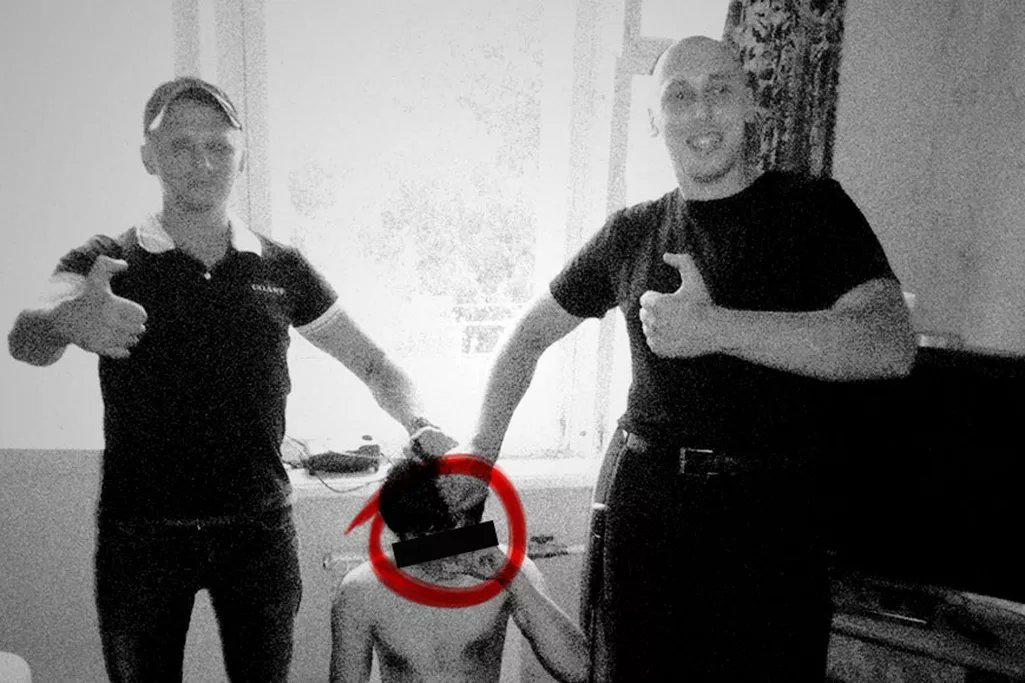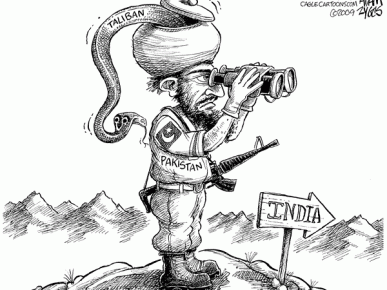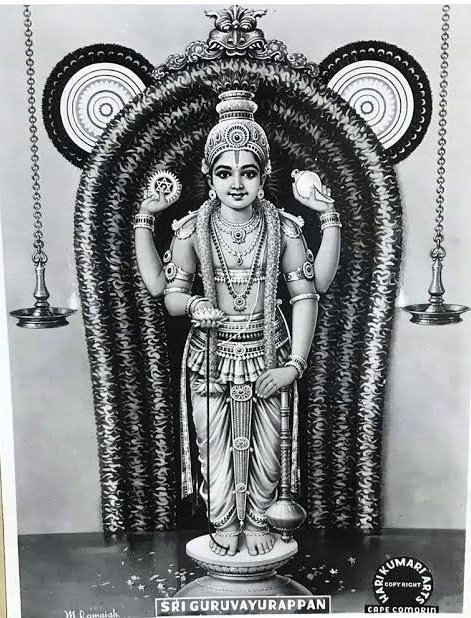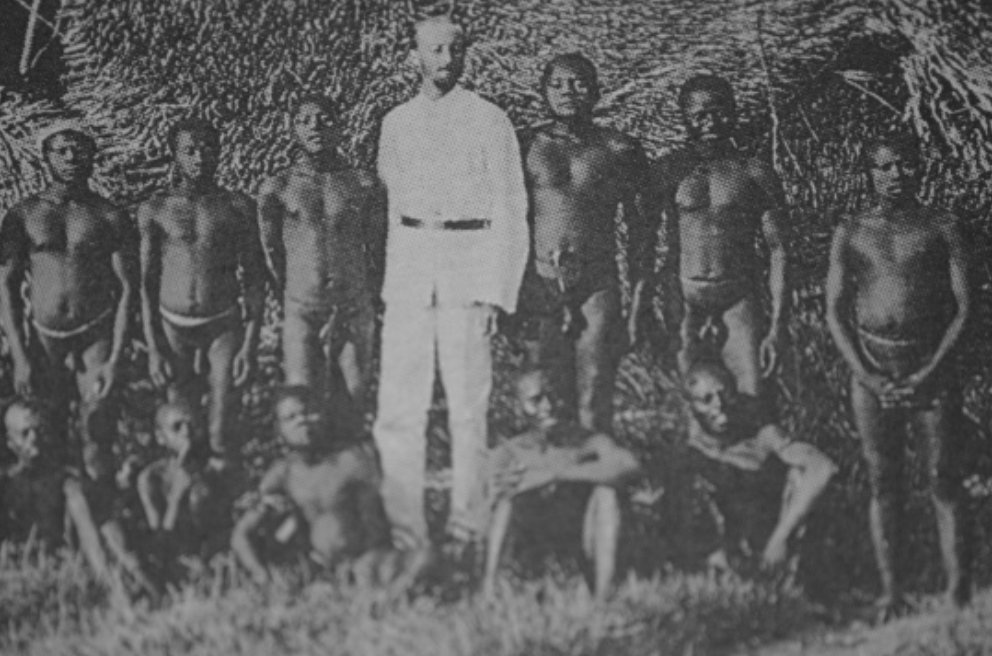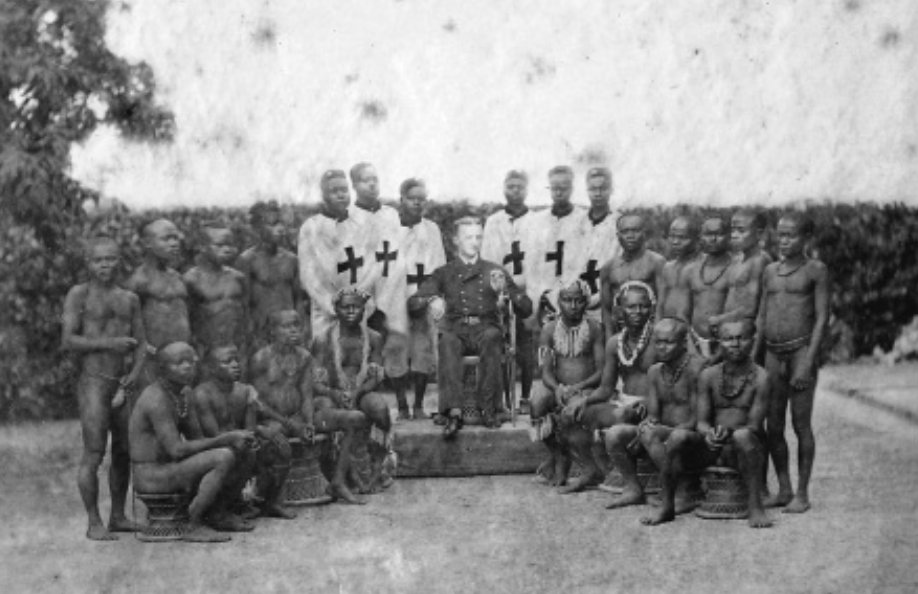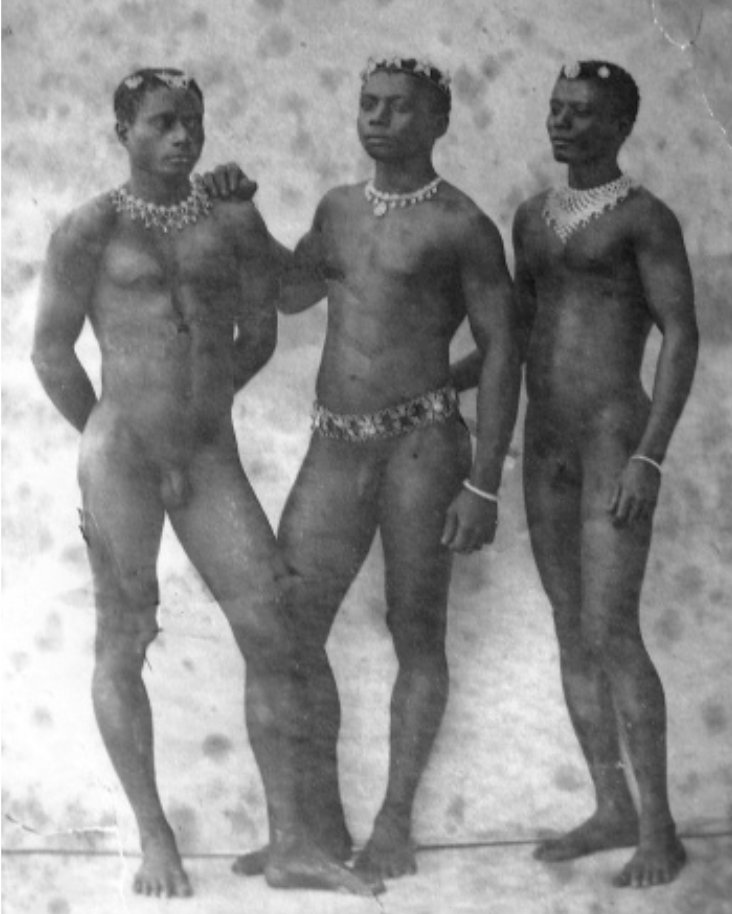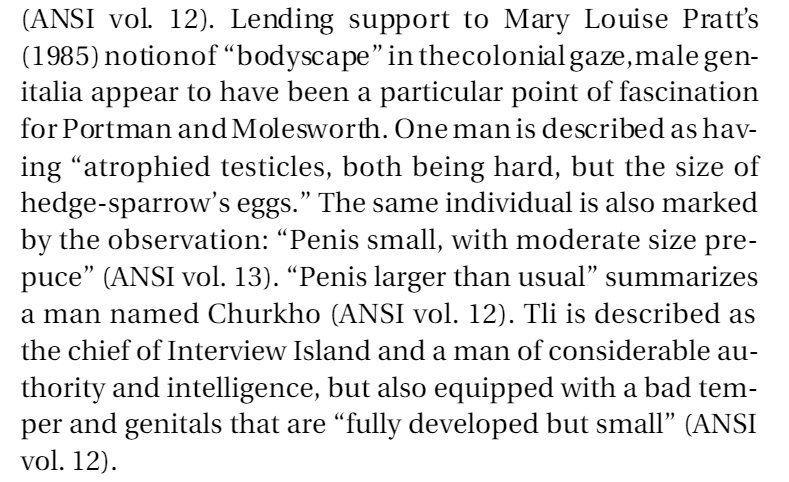independence, resilience, authority, communication, and so many more. I would say that MOST concepts in this culture are widely used in ableist ways.
So supporting disabled people isn't just a simple list of actions to do when we're around, of what the right terminology is, etc.
It's about examining the concepts, and especially what is portrayed as good/ideal and bad/something to overcome, that come up in your everyday life, and how they are used. Are they being used to prioritise some kinds of bodies and minds and social groups over others?
Are they being used to reinforce or to challenge ableist ideas and structures? Are they being used to maintain the status quo or to improve things? When you think of an intelligent person, are they more likely to be disabled or non-disabled? If the latter, are disabled people
more likely to be considered unintelligent? Does that perhaps mean that your concept of intelligence is too narrow, is unfair in some way? And does it result in you - and non-disabled society in general - devaluing the insights and minds of disabled people?
Do the same for the other concepts: when you think of 'a [attribute considered positive in this culture] person', are most/all of the people you're thinking of non-disabled? Do you associate positive qualities with the abled world, and negative ones with the disabled world?
This extends into fiction as well; examine the tropes associated with both heroes and villains, and side characters for that matter. Not just whether characters are explicitly disabled, but also whether traits of disability (e.g. "crooked" bodies, "deformed" faces, "robotic"
communication, etc) are used, and for which characters. And even when disabled people are the heroes, is it only if they conform to certain concepts (e.g. beauty, intelligence, charm, ability) that are still centring around non-disabled people, non-disabled bodies and minds and
communication and culture? Are their ways of experiencing and expressing these concepts authentically disabled, or is there a pattern of non-disabled writers creating disabled heroes - but only if they still conform to and uphold ableist, abled-centric ideas of various concepts?
How do you conceive of ability? How much room is there for a wide range of disabled people within that concept?
How do you conceive of intelligence? Same question.
How do you conceive of beauty?
How do you conceive of health?
How do you conceive of power?
Etc.
That's not to say that a person - real or fictional - must have any or all of those particular traits. Expanding those concepts to include disabled ways of embodying them all is good, but we should also question why we value each of them in the first place, and whether people
have to have them - even in disabled-inclusive ways - in order to be valued. Even when you open the concept of beauty to include disabled bodies and minds and modes of self-expression, does a protagonist need to be beautiful at all? Protagonists who are beautiful in notably,
authentically disabled ways are great, AND protagonists who aren't beautiful in any notable ways are great. "Everyone can be beautiful in their own way." and "Not everyone has to be beautiful, and not being beautiful doesn't diminish a person's worth." are both true.
The point is: examine the concepts, particularly the ones marked as either Good or Bad, Desirable or Undesirable, that you interact with in everyday life. Which are attributed to abled people and which to disabled people? Expand these concepts, learn from disabled people about
our ways of experiencing and expressing them. While also questioning exactly why each of these things is valued (even if it seems like "common sense"; even common sense is, at least in part, a cultural construction) and whether people have to have it to be worthy of recognition.
It's only when you're fundamentally changing the way you conceive of things, and especially of people and society and what we should be, that you'll really be finding true acceptance and recognition of disabled people.
This also relates to which words and ideas are used as insults. Especially given that some of those words (especially the ones relating to supposed low intelligence, such as 'moron', 'idiot', etc) have actually been medical terminology for disabled people at some point.
If you're using the words and concepts associated with disabled people as insults, you're using disabled people as insults. Even if it's subconscious, it shows that you think of us as lesser, as worse compared to abled people, as something that it's bad to be compared to.
The #MakeAbleistsUncomfortable hashtag is by
@MizTeeFranklin. As thanks for it, you can support her fundraiser here (CW: domestic violence, attempted kidnapping):
https://t.co/9gMpaN8bCp



